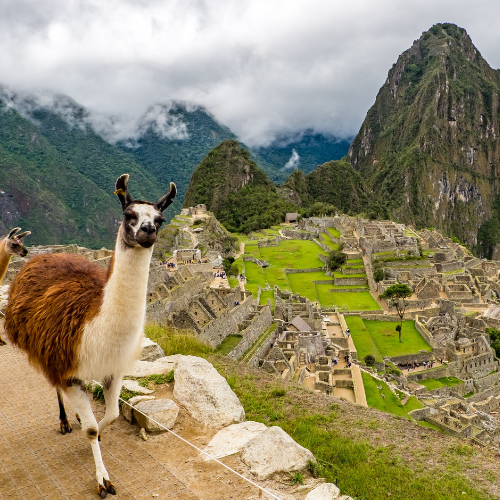Peruvian Coffees: A Journey into Exquisite Flavours
Peruvian coffee has earned its reputation as one of the world's finest and most sought-after coffees. With its rich history, unique growing conditions, and distinct flavor profiles, Peruvian coffees offer an exceptional experience for coffee lovers around the globe. In this blog post, we will take a closer look at what makes Peruvian coffee so special and why it should be on every coffee enthusiast's radar.
The Origins
Peru has a longstanding history in coffee production, dating back to the 18th century when coffee was first introduced to the region. Over the years, Peruvian farmers have mastered the art of cultivating coffee, utilizing the country's diverse microclimates and fertile soils to produce exceptional beans. Today, Peru is the ninth-largest coffee producer in the world and known for its commitment to sustainable and organic farming practices.
The Growing Regions
Peru's unique geography offers a wide range of growing regions, each with its own distinct flavour characteristics. From the high-altitude Andean mountains to the lush rainforests, these different microclimates contribute to the complexity and diversity of Peruvian coffees.
- Cajamarca: Located in the northern part of the country, Cajamarca is known for its mild, balanced flavors with notes of chocolate, citrus, and floral undertones. The high altitudes here result in slow bean maturity and contribute to the coffee's exceptional quality.
- Cusco: Situated in southern Peru, the Cusco region produces coffee with a well-rounded flavor profile. The beans exhibit notes of nuttiness, caramel, and a hint of spiciness. Cusco coffees are grown in the shade of Incan ruins, adding to their unique character.
- Amazonas: This remote region in northern Peru offers rich and full-bodied coffees with notes of dark chocolate, red fruits, and a slightly sweet finish. The high altitudes and distinct terroir contribute to the complex and intriguing flavours found in Amazonas coffees.
Peruvian coffees are known for their clean, bright acidity, medium body, and distinct flavor profiles. The beans offer a wide range of flavors, including notes of cocoa, citrus, caramel, floral undertones, and even hints of spices. The balanced acidity and well-rounded flavour make Peruvian coffees very versatile, suitable for both espresso and filter brewing methods.
Sustainability and Fair Trade
Peru has a deep-rooted commitment to sustainability and fair trade practices in coffee production. Many Peruvian farmers are part of cooperatives, ensuring fair wages and working conditions. Additionally, organic farming methods are widely used, minimizing environmental impact and promoting biodiversity. By choosing Peruvian coffee, you are not only indulging in a world-class cup of java but also supporting the livelihoods of local farmers and their communities.
Brewing Recommendations
To truly savor the flavors of Peruvian coffee, it is essential to brew it correctly. Here are a few recommendations:
- Pour-over: Use a medium grind size and a 1:16 coffee-to-water ratio. Start with a bloom of 30 seconds, then pour the remaining water in slow, steady circular motions.
- French Press: Use a coarse grind size and a 1:15 coffee-to-water ratio. Steep for 4-5 minutes before pressing the plunger down slowly.
- Espresso: Use a fine grind size and a 1:2 coffee-to-water ratio. Aim for a brewing time of around 25-30 seconds.
Experiment with these brewing methods to find the perfect balance for your taste preferences.
Conclusion
Peruvian coffees offer an extraordinary journey into the world of coffee flavours. With their unique growing conditions, sustainable farming practices, and exceptional taste, these beans deserve a spot in every coffee enthusiast's collection. From the delicate notes of citrus in Cajamarca to the rich chocolate undertones in Amazonas, Peruvian coffees are sure to captivate your taste buds and leave you yearning for another sip. So go ahead and indulge in the wonders of Peruvian coffee; you won't be disappointed!
Check out our selection here.



